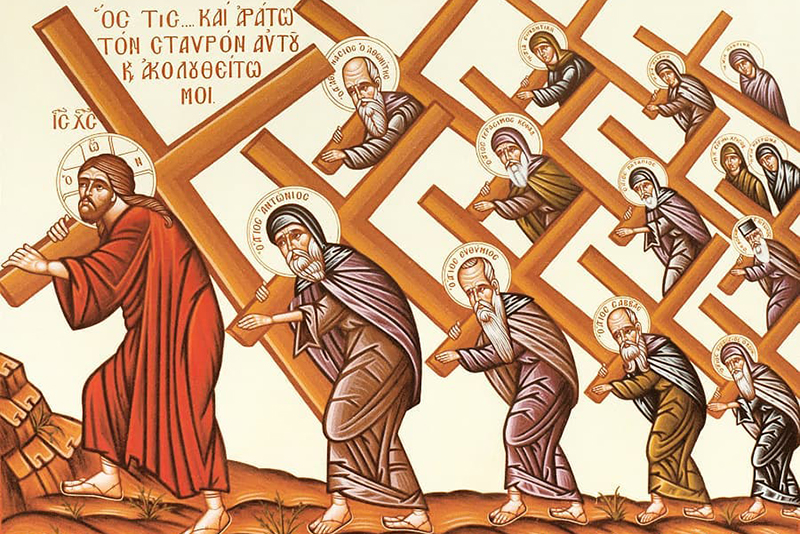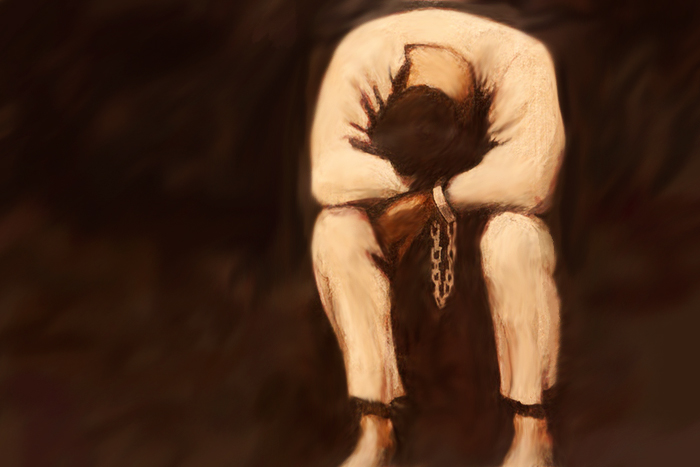
What does it mean to love your neighbor as yourself? Do we have love for ourselves and what should it be like? Let’s try to figure it out.
Man was originally designed as an image and likeness of God, a supreme free being with great spiritual potential, the exercise of which was to be carried out in love for God and all His creation. However, our ancestors disdained this divine gift and, as a result, condemned themselves and their descendants to grief, suffering, and death because of the evil that manifests itself in human passions and vices.
However, our passions are not an excuse for hating ourselves or others. We must hate evil, not the one who does it. On the contrary, we should love ourselves as God’s creatures and pass this love on to others. God loves us not for the pleasant qualities that we think we possess, but simply because we exist and are living and sentient creatures.
When God came to this world, the humankind was given a real chance to come closer to the understanding of divine love by vanquishing sin primarily in our own nature. This is what our salvation is all about.
Because of God’s Incarnation, the Lord is not just near us: He is in us. This is the purpose for which we receive the Communion. By participating in the Eucharist, we receive God Himself, our Lord Jesus Christ. When we partake of the Body and Blood of Christ, God grants us that grace, that supernatural power, which helps us to fight our sin, overcome it, and to implement God’s plan for us.
However, sin must be seen before it can be defeated, and therefore the first act of divine grace is that it removes the spiritual veil from our eyes that blinds us and prevents us from seeing our sinfulness.
The salvation of man is the synergy, the cooperation of God and man, in which, according to the Holy Fathers, both God and man should do their part. Spiritual transformation and enlightenment are only acquired through hard work. Before seeing the transfigured Lord, the apostles of Christ made a long and difficult ascent to the mountain. Therefore, if efforts are required for climbing a mountain in the physical sense, they are no less necessary when climbing to the height of spiritual perfection.
Let us not give up when we see our imperfections and the shortcomings of others, but let us triumph over our sins, freeing our hearts for the divine light that can warm the entire troubled world.
“In the world ye shall have tribulation: but be of good cheer; I have overcome the world.” (John 16:33).
Translated by The Catalogue of Good Deeds
Source: https://pravlife.org/ru/content/mozhem-li-my-lyubit-drugih-ne-lyubya-sebya



